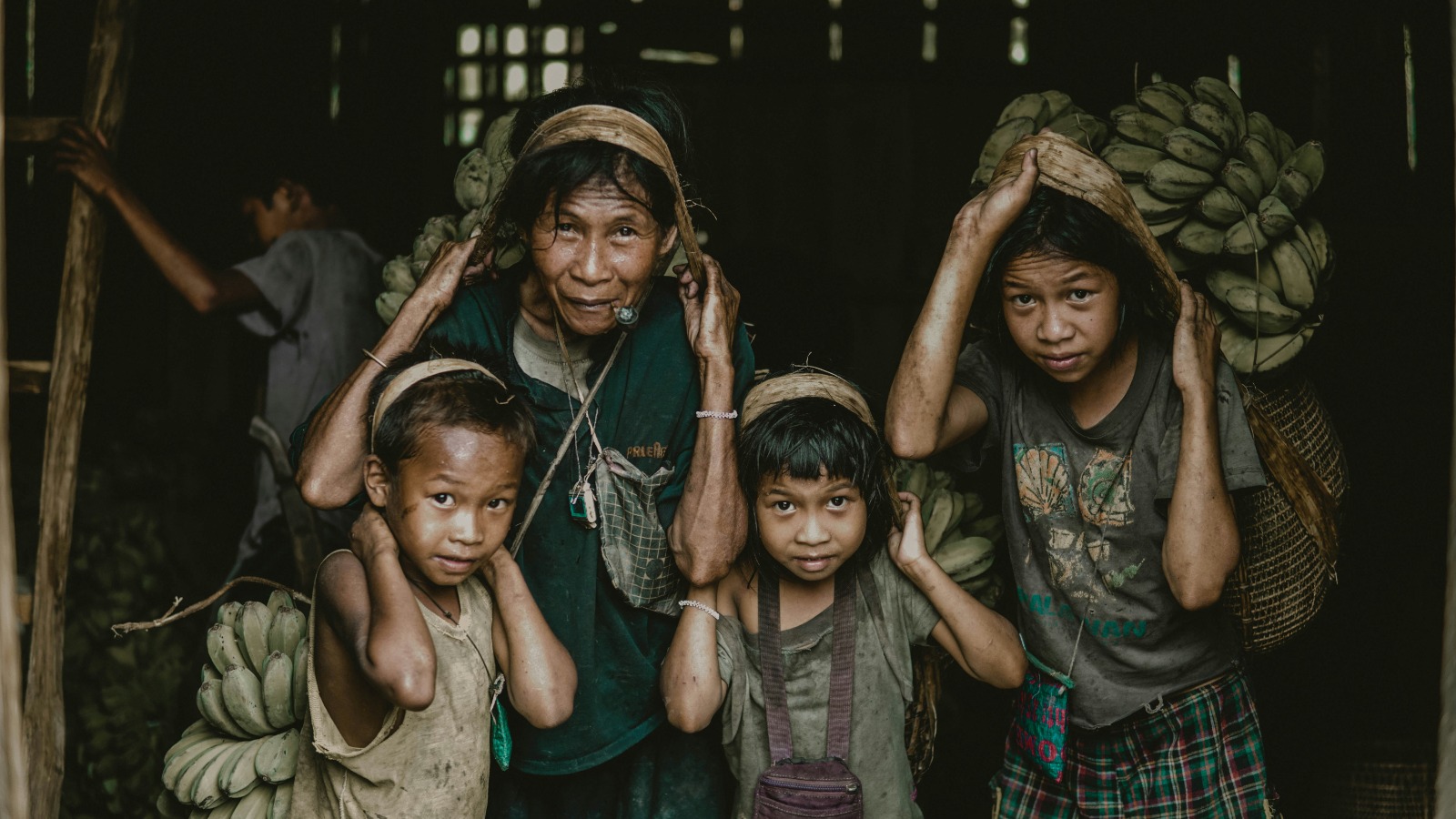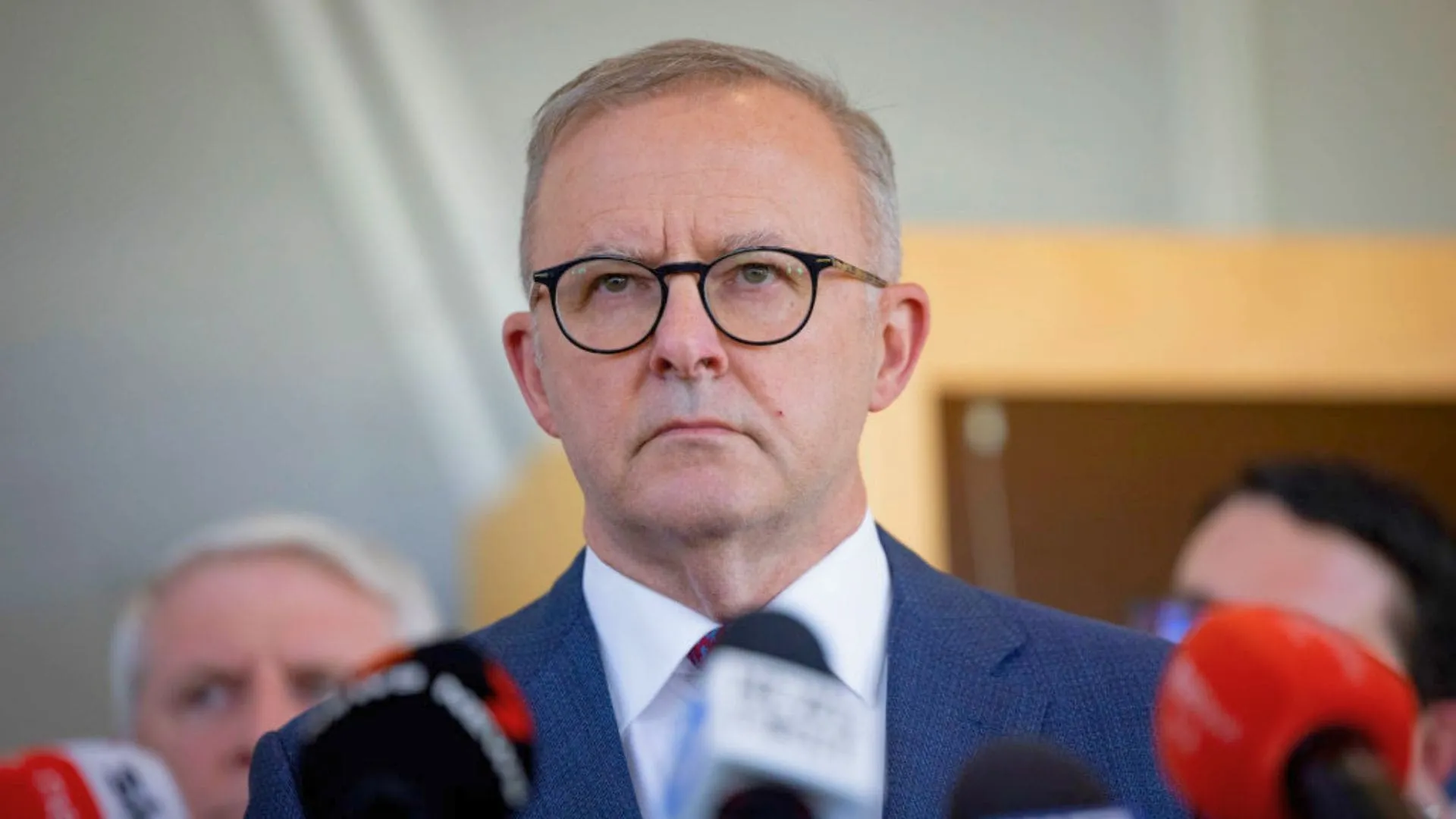India has provided 10 lakh dollars to a joint fund formed by India, Brazil, and South Africa, which undertake projects aimed at reducing poverty and hunger.
On Monday, Ruchira Kamboj, India’s Permanent Representative to the UN Ambassador, handed over a cheque of $1 million as a contribution towards the India, Brazil and South Africa Facility for Poverty and Hunger Alleviation Fund (IBSA Fund) to Dima Al-Khatib, Director of the UN Office for South-South Cooperation (UNOSSC).
Speaking on the occasion, the UN Ambassador said the focus of India’s G20 Presidency was the “development of the people, by the people and for the people”. Accordingly, “India is committed to supporting the IBSA Fund as we believe that the Fund has made a positive impact on the lives of millions across the Global South and has strengthened the spirit of South-South cooperation,” she said.
A press release issued by the Permanent Mission of India to the UN said that annually, each of the IBSA countries – India, Brazil, and South Africa – contributes one million dollars to the Fund in a sprit of partnership and support for Southern-led, demand-driven, transformative projects in developing nations.
Since the fund was established in 2004, India’s contribution to the IBSA Fund has cumulatively surpassed 18 million dollars. The Fund, which became operational in 2006, UNOSSC serves as the Fund Manager and Secretariat of the IBSA Fund.
The IBSA Fund supports projects that are concrete expressions of solidarity. Their objectives range from promoting food security, and addressing HIV/AIDS, to extending access to safe drinking water – all to contribute to the achievement of the Sustainable Development Goals, the release said.
According to the statement, the IBSA Fund has disbursed $50.6 million thus far, supporting 45 projects in 37 countries across the global South. This year, ISBA has approved three projects: ‘Rural Electrification using Micro-grids’ in Southern Belize, ‘Empowering Women and Youth to Drive Sustainable Agriculture’ in South Sudan, and ‘Investment in Agri-business development in Mubadrti’ in Palestine.
UNOSSC said the Board of Directors of the Fund met here in January and granted the 3 proposals for Belize, Palestine and South Sudan, amounting to 3 million dollars in funding. The board also approved the design of a project in Mali to begin in 2024.
The project in Belize will enhance access to renewable energy in marginalised communities in the Toledo district of Belize. This district experiences the highest poverty rate in the nation. The project aims to provide solar equipment to 166 households, a school and a primary health centre, the UN agency said.
The project in South Sudan aims to increase fish and vegetable production and expand distribution markets, so as to improve nutrition, food security and livelihoods in the Central Equatorial State. 8 vegetable production groups comprising 48 heads-of-household, and 4 fisheries groups of 30 heads-of-household will be supported.
The projects in Palestine seek to create sustainable job opportunities for women, youth, and recent graduates in the agri sector and its associated production chain. This will involve the production of market-oriented agricultural commodities, as well as food processing. About 70 farmers, unemployed youth and engineers will increase agricultural productivity in Palestine through the proposed investments in agri-business, through comprehensive training programmes on farming techniques, crop management, harvesting methods, post-harvest handling, processing and packaging, marketing and business management.
In Africa, the Board endorsed the detailed design for a project in Mali’s Climate Change Resilient Community Farms and Women’s Empowerment in Baguinéda Irrigated Zone, to begin in 2024. This project aims to strengthen the resilience of women producers and youth against the adverse effects of climate change, through the renovation of two agribusiness centres, the provision of improved seeds and capacity building to over 7,000 women producers. There will also be provision of equipment to four youth Economic Interest Groups, and the installation of solar pumping systems in five market garden areas, the UN agency said.























